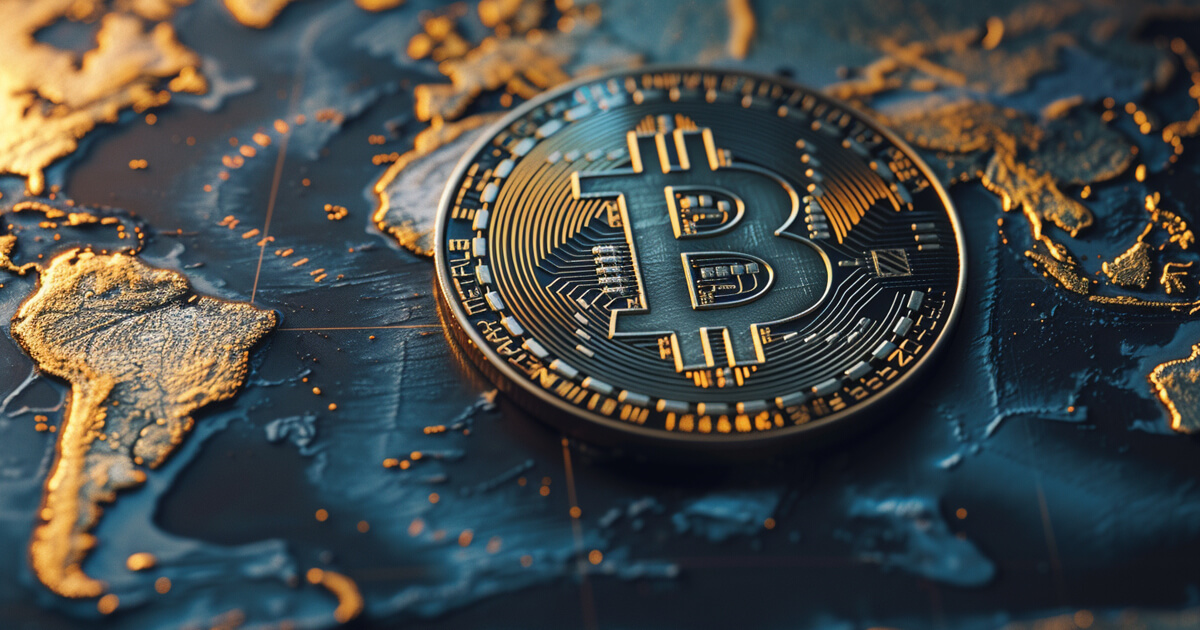
The Central and South Asia and Oceania (CSAO) region was responsible for $750 billion in crypto inflows between July 2023 and June 2024, making it one of the largest crypto markets in the world.
According to Chainalysis’s 2024 Geography of Cryptocurrency report, the region represents 16.6% of global crypto value received, behind only North America and Western Europe.
India retains the adoption lead
India ranks first on Chainalysis’ Global Adoption Index and second in the Central and South Asia and Oceania (CSAO) region in terms of crypto value received, with over $157 billion inflows between July 2023 and June 2024.
Chainalysis noted that crypto activity in India continues despite several regulatory challenges, including a 30% capital gains tax and a 1% transaction tax.
Meanwhile, the Financial Intelligence Unit (FIU) blocked several offshore exchanges in 2023, citing non-compliance with anti-money laundering laws. However, Indian users continued to access these platforms through alternative methods.
Further regulatory engagement between the government and the crypto industry is beginning to pave the way for a more sustainable ecosystem. Binance’s seven-month ban was recently lifted after the exchange registered as a reporting entity in India, signaling potential opportunities for offshore exchanges to re-enter the market.
These changes reflect India’s evolving attitude towards digital assets and indicate a more collaborative approach to regulating crypto in the coming years.
Singapore pioneering crypto payments
Singapore has emerged as a pioneer in crypto payments and is quickly becoming a hub for the industry. Traditionally known for its institutionally driven crypto activity, the country is now seeing a surge in participation from retail and professional investors, the report said.
The increase in the number of crypto payments has been significant. In the second quarter of 2024, the total value of crypto transactions executed through trading services in Singapore approached $1 billion – a significant jump from previous quarters.
The year-on-year growth in transaction size was particularly pronounced in the retail sector, driven in part by regulatory clarity and consumer protection initiatives introduced by the Monetary Authority of Singapore (MAS).
According to the report, the country’s progressive regulatory environment has played a key role in driving this shift. In August 2023, MAS finalized its stablecoin regulatory framework, which established new requirements for issuers and guidelines for protecting customer assets.
The clarity provided by these measures has increased confidence in the use of stablecoins for both private and institutional purposes, positioning Singapore as a leader in digital asset regulation.
Indonesia is a leader in trading and DeFi activity
Meanwhile, Indonesia stood out in the CSAO region for its explosive growth in cryptocurrency trading, with year-on-year growth reaching almost 200%. As the largest crypto market in the region in terms of total value received, Indonesia attracts investors who view crypto as a speculative financial instrument with the potential for quick profits.
The report highlights that more than a third of the value received by local exchanges comes from transactions between $10,000 and $1 million, indicating substantial professional trading activity.
Much of Indonesia’s crypto trading activity is driven by the country’s young population, with Millennials and Generation Z making up more than 50% of the investor base. Furthermore, recent regulatory measures that have made it more difficult to access traditional markets have pushed Indonesians toward alternative assets such as crypto.
Beyond trade, Indonesia has become a hotspot for decentralized finance (DeFi) and decentralized exchanges (DEX). The country’s Web3 market has shown remarkable growth, with above-average participation in yield farming, staking and other DeFi activities compared to the global average.
The rise of Indonesia’s ‘crypto degen’ community, which consists of young, tech-savvy investors seeking high-risk, high-reward DeFi opportunities, has played a major role in driving this trend.







Leave a Reply